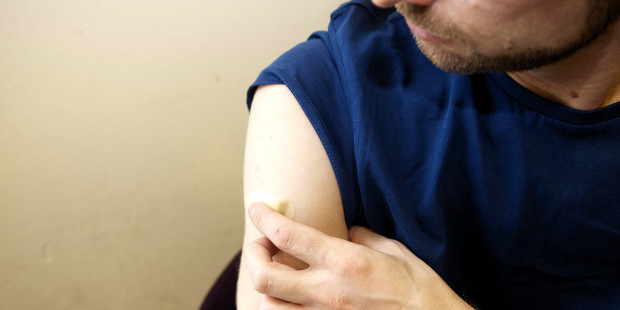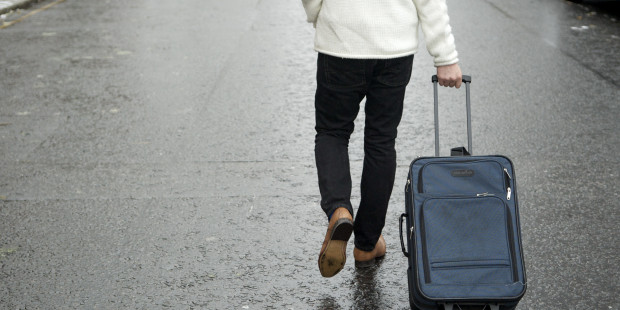
Perceptions around living with HIV can change from country to country, and you might not know if disclosure is safe in the country you are visiting. Your local embassy or consulate should be able to help you if you want more information.
Countries with entry restrictions
You should check the most up-to-date information on entry restrictions by speaking to your local embassy, consulate or High Commission. However, some countries do have conflicting information on HIV restrictions and you may have to wait for a response on an individual basis.
Revealing your HIV status to a foreign embassy or consulate might not be a good idea. Consider whether to give your name and other details when making the enquiry. THT Direct can help. You can email them or call them on 0808 802 1221.
Check the UNAIDS or Global Database on HIV Travel pages for entry restrictions before making any travel arrangements. UNAIDS says that in 2019 around 48 countries and territories still have restrictions that include mandatory HIV testing and disclosure as part of requirements for entry, residence, work and/or study permits.
Entry restrictions for long-term stays
For longer stays, a larger number of countries have HIV entry restrictions, especially when residency and work permits are involved. If you’re planning to emigrate to a country, you’re strongly advised to check what policies affect people living with HIV.
For further information, you may need to speak to the relevant embassy.
Should I try to bypass entry restrictions?
If you have HIV and the country you’re entering refuses entry to people living with HIV, then you’re breaking their immigration rules by entering. If it’s found that you have lied (eg if your bags are searched on entry and they find letters or medications which make your HIV status clear) you can be refused entry and deported.
Some people carry a letter from their doctor stating that the medicines are for a chronic illness without saying it’s HIV. They also ensure that no labels make it clear what the medication is for or that they have HIV. Here you’re at the discretion of the immigration officer.
It really is impossible to judge the risk of this happening so it’s a decision only the individual traveller can make. Many people living with HIV have successfully entered prohibited countries without any problems, but others have not been so lucky.
We cannot advise anyone to engage in unlawful activity for the purposes of travel.
If you do decide to visit a country with entry restrictions, think through the consequences of your HIV status possibly being discovered on arrival.
Also bear in mind that if you travelled to a country before a ban was lifted, you can still be deported if found out.
Lesbian and gay publications can arouse suspicion in certain countries. You may be refused entry and deported if they're found in your luggage.
If you have haemophilia and your condition is discovered, this could also be a problem in some countries.
Before travelling, make sure your vaccinations are up to date and that you know how to store your meds.



